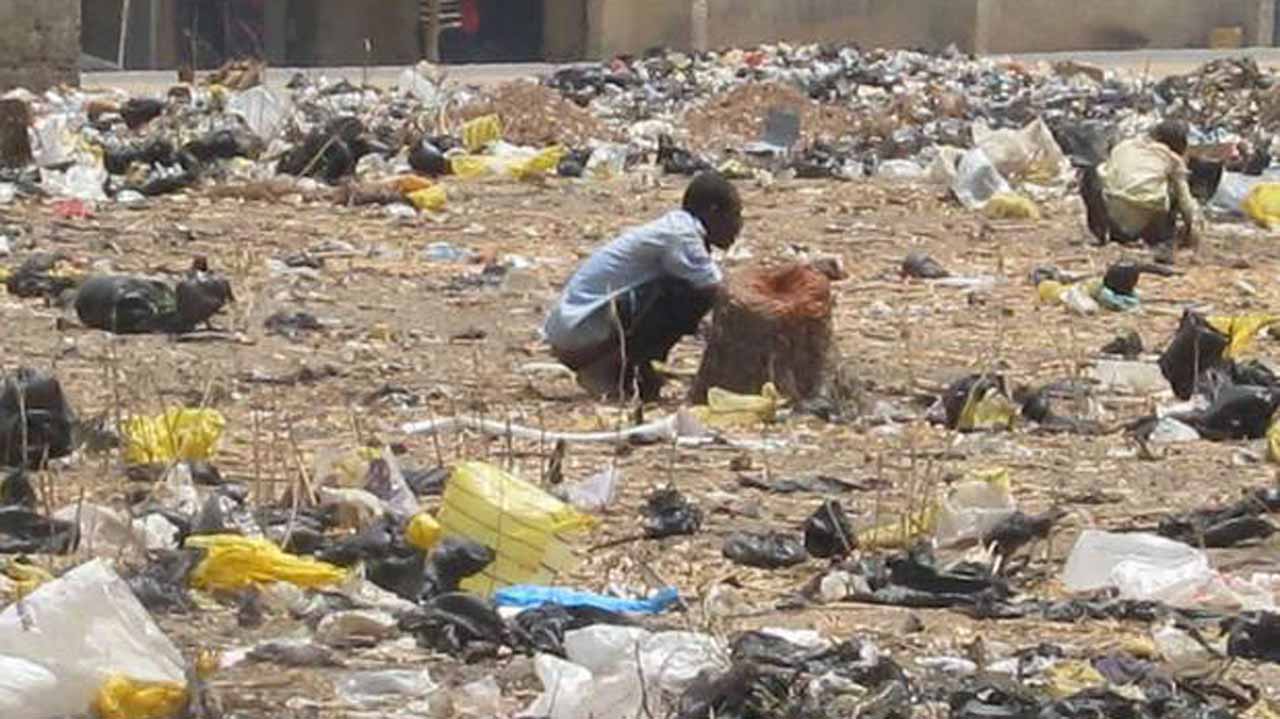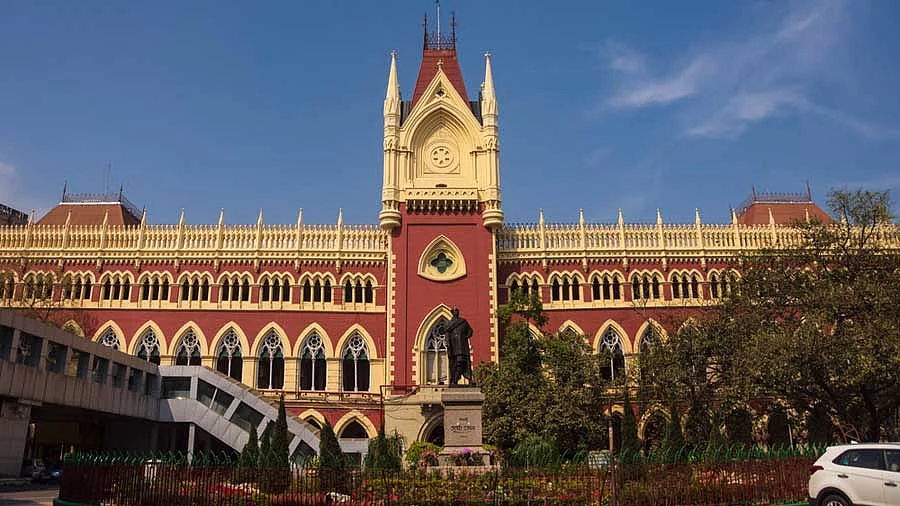By Ibe Wada
Copyright bizwatchnigeria

The World Bank has warned that Africa is losing an estimated $200 billion annually due to poor sanitation, a crisis it says is undermining public health, economic growth, and environmental sustainability across the continent.
In its latest report, The Global Sanitation Crisis: Pathways for Urgent Action, released on Tuesday, the Bank noted that inadequate sanitation continues to deprive Africa of up to five per cent of its Gross Domestic Product (GDP). It added that every $1 invested in water and sanitation yields up to $7 in returns, underscoring the economic and social benefits of improved sanitation systems.
Globally, the report revealed that nearly two in five people lack access to safe sanitation, with more than 3.5 billion people affected. The consequences, according to the World Health Organisation (WHO), include preventable diseases such as cholera, diarrhoea, and typhoid, which kill hundreds of thousands of people each year, particularly children under five.
In Africa, the challenge is compounded by rapid urbanisation, widespread poverty, and weak infrastructure. Informal settlements in major cities often lack proper sewage systems, forcing residents to rely on unsafe alternatives that contaminate water sources and fuel the spread of disease.
The World Bank stressed that the crisis also has severe economic implications. Poor sanitation keeps children out of school, reduces adult productivity, and places a heavy burden on healthcare systems. It further warned that escalating climate threats — including flooding, droughts, and rising sea levels — are stretching already fragile sanitation systems, worsening the economic toll.
“By investing in smart and resilient urban sanitation now, countries can turn this vicious cycle into a virtuous one — protecting human health, boosting growth, creating jobs, reducing pollution, and transforming cities,” the report stated.
The Bank highlighted education as another key area impacted by poor sanitation. It cited evidence from India, where sex-specific school latrines increased enrolment among adolescent girls, and from Brazil, where sanitation access correlated with higher years of schooling completed.
Beyond health and education, the report linked resilient sanitation to environmental protection, noting that stronger waste management could cut global methane emissions by up to 10 per cent while improving access to safe drinking water.
The World Bank urged governments, service providers, and communities to act urgently, recommending three priorities:
Policy and funding: Elevate sanitation as a national and local priority.
Infrastructure and resilience: Build inclusive urban sanitation systems capable of withstanding climate shocks.
Innovation and capacity: Invest in data, technology, and workforce development for sustainable service delivery.
It also encouraged circular economy approaches that transform faecal sludge and wastewater into valuable resources for energy, water reuse, and job creation.
“Achieving climate-resilient urban sanitation is possible — but action must start now. Together, governments, businesses, and communities can build sanitation systems that protect people, prosperity, and the planet,” the report concluded.



